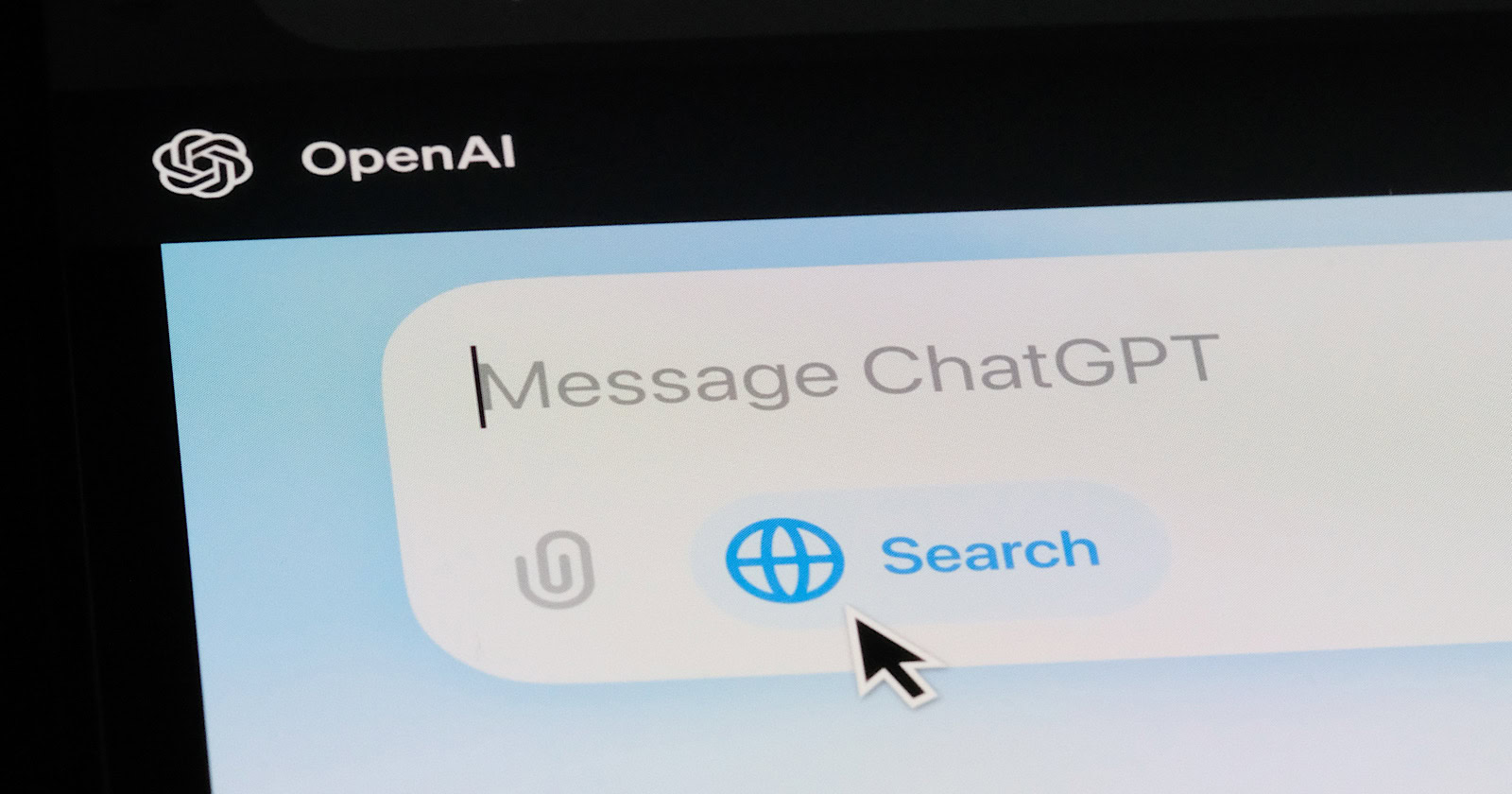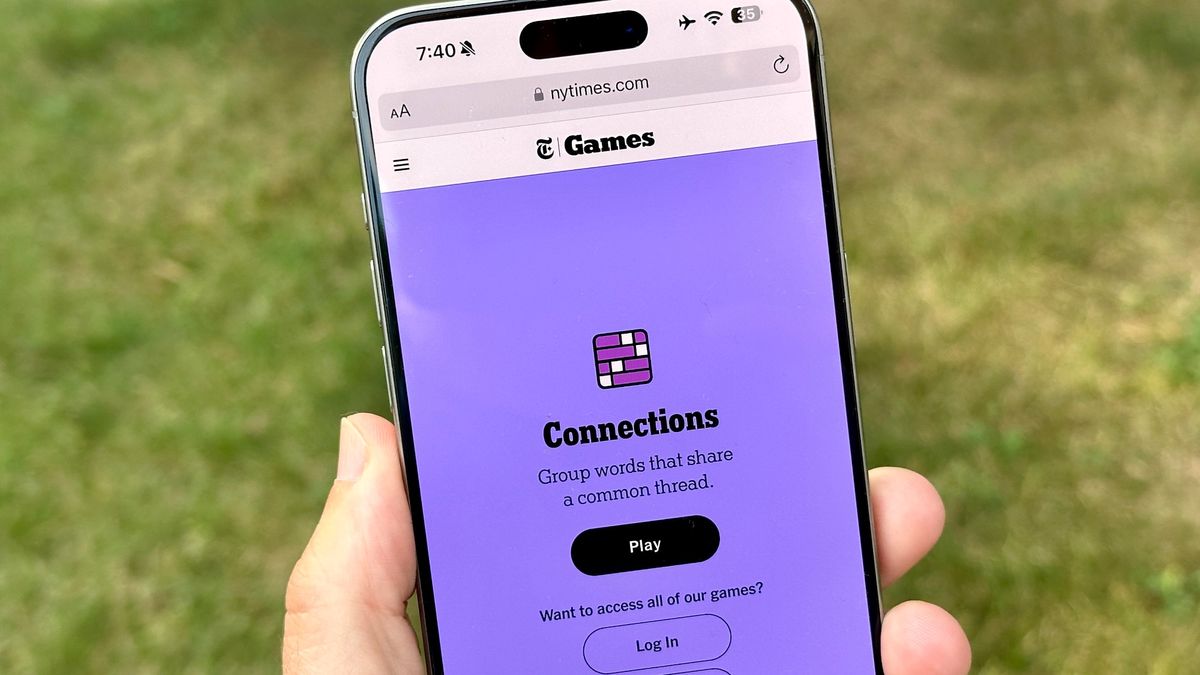Hold onto your keyboards: a new study has unveiled that the most common passwords in India are as predictable as ever, with ‘123456’ and ‘password’ topping the list. Yes, you read that right—the common passwords in India are so simple that they can be cracked in less than a second.
‘123456’ Leads the Pack—Again
According to the sixth edition of NordPass’s Top 200 Most Common Passwords study, ‘123456’ has once again claimed the unenviable top spot, both globally and in India. Out of over 3 million users worldwide who chose this password, a staggering 76,981 are from India. The runner-up isn’t any better; ‘password’ takes second place in India, proving that creativity is not our strong suit when it comes to password security.
Read Also: 8 Ways to Fix a Broken Laptop Screen
Easy to Remember, Easier to Hack
So why do people keep using such easily guessable passwords? With the average internet user juggling 168 personal and 87 work-related passwords, it’s no wonder that simplicity trumps security. Remembering ‘qwerty123’ is undoubtedly easier than memorizing ‘5d&*Gf@9’, but this convenience comes at a cost. Hackers can breach these simple passwords in less than a second, putting personal and corporate data at risk.
Corporate Accounts Aren’t Any Safer
The study also highlighted that corporate accounts are just as vulnerable. Nearly 40% of the most common passwords used by individuals and businesses are identical. Default passwords like ‘admin’, ‘newuser’, and ‘welcome’ are surprisingly popular in the corporate world. Employees often stick with these initial passwords, providing cybercriminals with an open door to sensitive company information.
Cultural Twists Don’t Fool Hackers
Interestingly, the study noted a touch of cultural personalization in Indian passwords. Variations like ‘India123’ and ‘Indya123’ made the top 20 list. While these may feel unique to the user, they offer little additional security. Hackers are well-versed in common cultural references and easily guess such modifications.
Time for Better Password Practices
It’s high time we stepped up our password game. To protect your accounts, consider using strong passwords or passphrases that are at least 20 characters long and include a mix of letters, numbers, and special symbols. Avoid reusing passwords across different platforms and enable multi-factor authentication wherever possible. If memorizing complex passwords feels like rocket science, password managers are your new best friend.
Read Also: Google’s Gemini AI Lands On iPhone Challenging Siri
The Alarming Reality
The NordPass study reveals a concerning trend: 78% of the world’s most common passwords can be cracked in less than a second. That’s up from 70% last year, indicating that password security is worsening. With cyber threats on the rise, relying on ‘abcd1234’ is like leaving your front door wide open.
In an age where our lives are increasingly digital, treating passwords as an afterthought is a risky gamble. Ironically, we spend more time choosing a Netflix show than we do securing our online identities. Perhaps it’s time we put as much effort into our passwords as we do into crafting the perfect Instagram caption.
How to Safeguard Your Password?
Protecting your digital life doesn’t have to be a Herculean task. Start by crafting unique, complex passwords for each of your accounts—think of passphrases that combine random words, numbers, and symbols. The longer and more nonsensical, the better. Regularly update your passwords and steer clear of obvious choices like birthdays or pet names. Enable multi-factor authentication wherever possible, adding an extra layer of security that’s tougher to crack than a stale baguette. And if remembering all those cryptic codes feels like deciphering hieroglyphics, consider using a reputable password manager to keep everything under digital lock and key.




















 English (US) ·
English (US) ·